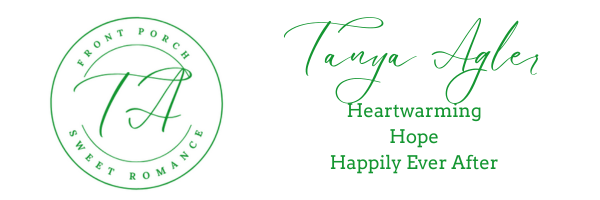 Since I’ve started writing, I’ve attended conferences and workshops, read writing blogs, and read craft books. One consistent theme is the importance of writing on a regular basis. While some stress the importance of writing every day and others as often as your schedule allows, all emphasize the need to carve out a regular niche of time to write. For the past couple of years, I’ve always bitten my lip and felt guilty when I was editing instead of putting new words on a page. After all, writing means putting words on a screen or paper, right? WRONG. As I was editing today, I finally put two and two together to get four. Editing is as much a part of writing as the first draft itself. That’s why every writer says editing is so important. I breathed a sigh of relief and edited without feeling guilty that I’m taking time to edit instead of putting fresh words on the paper. Based on what I’ve read, here are my three helpful hints for editing.
Since I’ve started writing, I’ve attended conferences and workshops, read writing blogs, and read craft books. One consistent theme is the importance of writing on a regular basis. While some stress the importance of writing every day and others as often as your schedule allows, all emphasize the need to carve out a regular niche of time to write. For the past couple of years, I’ve always bitten my lip and felt guilty when I was editing instead of putting new words on a page. After all, writing means putting words on a screen or paper, right? WRONG. As I was editing today, I finally put two and two together to get four. Editing is as much a part of writing as the first draft itself. That’s why every writer says editing is so important. I breathed a sigh of relief and edited without feeling guilty that I’m taking time to edit instead of putting fresh words on the paper. Based on what I’ve read, here are my three helpful hints for editing.
Put your book in a drawer for four to six weeks. That’s right. Others have said it and I’ll repeat it. Put your book in a drawer for four to six weeks and then go back and edit the final draft. I remember my first completed book. I was so gung-ho in my belief that it was perfect that I sent it to agents and editors (and for that, here is my heartfelt apology) without editing it. Sighs and groans can be collectively sent up for me and for the poor agents who, if they read page one, reached for their stack of form rejection letters. With a lot of words between me and that first book, I know there is a reason this is a favored piece of advice from so many other authors.
Four to six weeks gives you enough time to go back and reread your book with a fresh set of eyes. When I put one book aside for six weeks, I had enough time behind me to catch a mistake where the heroine looking down at her jeans and shorts rather than her jeans and apron. With the book I’m presently editing, I looked over a passage today and deleted three-quarters of a page because it didn’t advance the romance or conflict at all. After my second draft, I was still too close to the story to catch that needed edit.
With a fresh pair of eyes, you can pay closer attention to character development, heightened conflict, and word repetition.
Weasel words. When I edit, I have a typewritten page next to me, full of what I call weasel words. Different authors call this concept something else. Some simply call it a list of words to avoid. Regardless, I look through my manuscript and check to see if I have any of these words: really, you, feel, think, as, a lot, sort of, just, like, used to, could, feel, have, had, hear, heard, knew, know, look, -ly adverbs, see, taste, that, was, watch, and notice. Why these particular words is a whole other blog in and of itself, but here’s the gist of the matter as it relates to romance writing. Romance writing tries to convey the emotional relevance of a story in a manner that delves into the deep point of view of the hero, heroine or both. If I simply write X felt happy, that only tells an emotion rather shows it. Needless to say, if I spot one of these words, I start editing and try to go deeper to show details of the scene through expressions of another character or some other way.
Print it out. How do you like to read books? Do you prefer a paper version in your hand or an e-reader? If you prefer the former, print out your book chapter by chapter with your book formatted like a book (horizontal with one page on the left and another in the right column). Read it to yourself. You can even read it out loud. This is a great way to catch word repetition or places where it might drag a little. If you prefer an e-reader, send it to your Kindle or Nook and read it page by page. It’s another way to make sure what was in your mind is what was translated into the written word.
These are three editing hints that I’ve found useful among many others. But the important thing is to give yourself the time and the freedom to acknowledge the value of editing. Editing is as much a part of writing daily as getting new words on the paper. It’s refining those words to make sure that the words you’ve written pack the punch your story deserves.
If you’re a writer, are you an editing fiend or is it something you work on in order to get to your next story? If you’re a reader, do you overlook errors in a book or does a glaring error impact your enjoyment of a story? Let me know.
